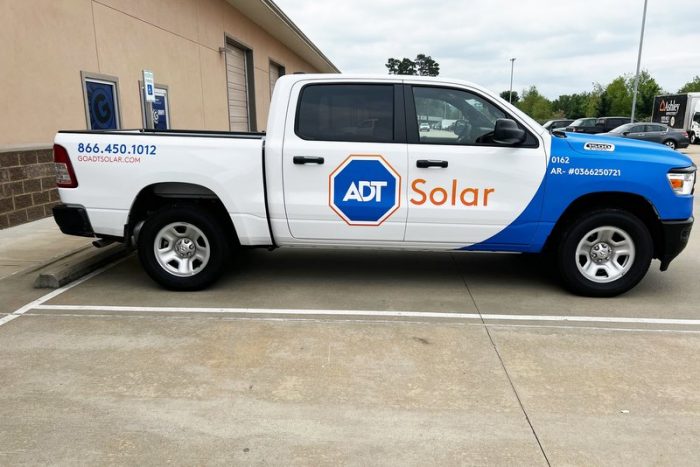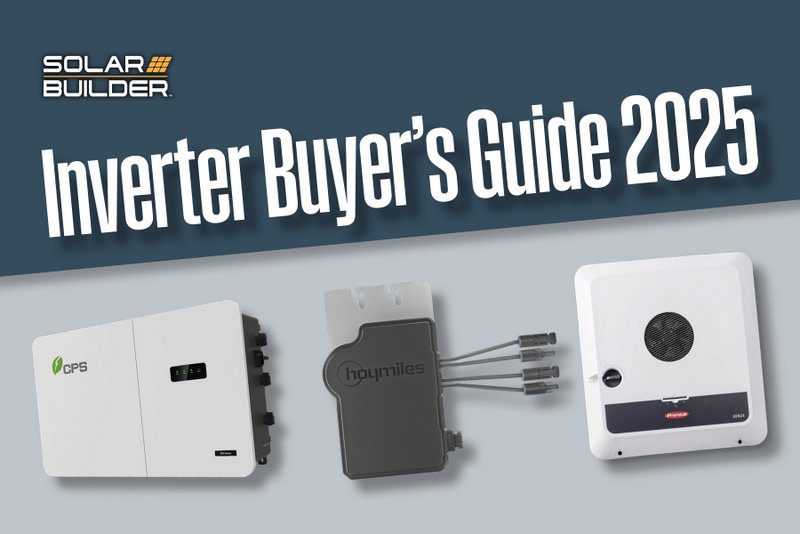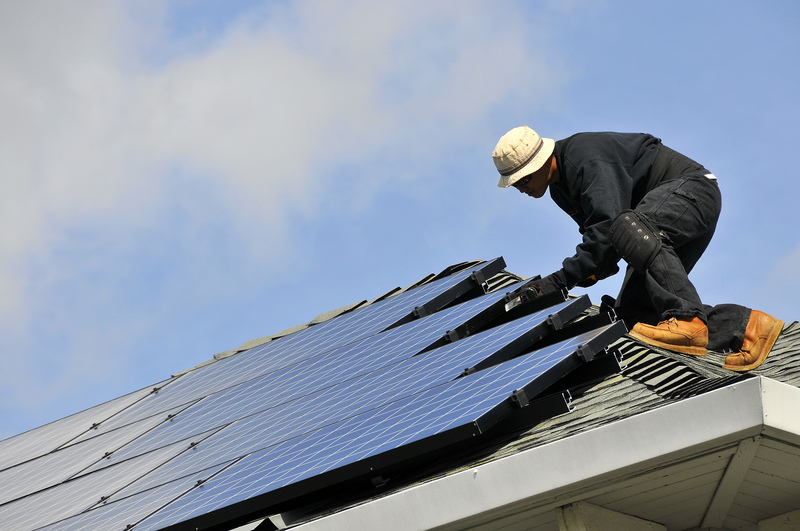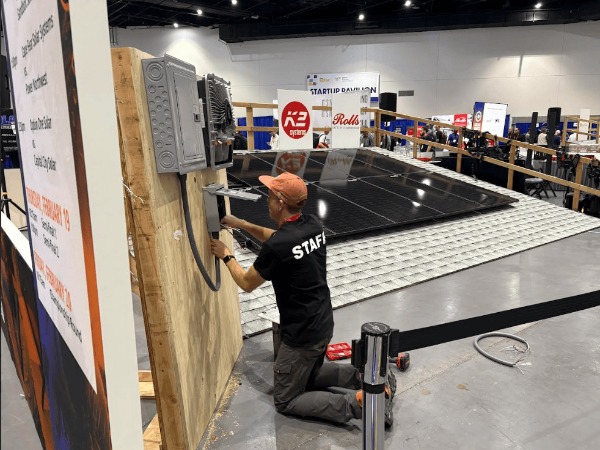Companies of all kinds are expanding into residential solar — here are seven examples

As solar gets installed at more homes and enters the mainstream, companies of all sorts are jumping into the market to provide ancillary or primary services. This helps develop a feedback loop of sorts, providing more visibility (and enhanced offerings) for solar beyond the usual marketing channels and legacy industry providers. Here’s a few recent examples.

Sales and marketing month sponsor
Get Aurora AI & Get Back to Summer
Let Aurora AI do the heavy lifting for you so you can get out of the office and into the pool. See how Aurora can speed up your sales & design with one-click design magic. Learn more here
Last year, smart home and small business security provider ADT added “energy security” to its mix last by acquiring Sunpro and turning it into ADT Solar. At the time, Sunpro operated with 3,600-person, full-time workforce of solar energy professionals with 56 locations in 22 states. This week, ADT Solar launched western expansion plans, opening its first Colorado office in Denver. This means 40 new jobs in Denver across many areas of expertise. Check them out here.
Also this week, Alarm.com started offering an integrated solar monitoring solution for service providers with a new Solar Automation & Awareness service package and Solar Program Certification Course. Alarm.com’s solar monitoring offering allows customers with SolarEdge and Enphase inverters to monitor home solar panel energy production and consumption. With the Solar Monitoring add-on, Alarm.com subscribers can track energy data for the day, week, past month, and past 12 months within the Alarm.com mobile app.
“Alarm.com offers solar monitoring as part of an all-in-one solution in response to the customer’s desire for sustainable energy solutions with their home automation and security system,” said Shawn Barry, Vice President of Strategic Sales at Alarm.com.
Briggs & Stratton is now able to offer a full line of intelligent energy storage products after officially debuting the SimpliPHI Energy Storage System (ESS). Named after SimpliPhi Power— the California-based manufacturer of energy storage systems acquired by Briggs & Stratton, LLC in 2021 — the all-new integrated ESS comes as an answer to the rising demand for access to reliable, safe and affordable energy serving both residential and commercial markets.
On the installer services side of things, EagleView, an aerial imagery provider that’s widely used in construction, insurance, government and utility industries, debuted TrueDesign in April, a solar design solution to provide install-ready CAD designs for solar installers at the contracting stage.
TrueDesign allows for precise panel-placement designs that are automatically optimized for maximum energy output without the need for an external site visit. Exterior measurements and shade analysis are also provided remotely for every sales appointment – all of which is more precise than publicly available LIDAR data or satellite-derived 3D models. A recent DNV GL technical study found that the average difference in annual solar access values between EagleView’s data and onsite measurements using a handheld shade measurement tool was between negative one percent and zero percent. You can learn more about how this dramatically reduced soft costs in this whitepaper.
Aquiline Drones is a drone manufacturer that’s started bundling its product as a part of a franchise business model, offering entrepreneurs and those with existing property maintenance companies the power of drone technology to fulfill various exterior cleaning and improvement services. One of those exterior maintenance verticals suggested? You guessed it: Solar panel washing (along with roof inspections).
Financial companies are also expanding into the residential solar lending.
Back in March, PowerPay launched a new technology platform to target potential home solar customers and to streamline the lending process. PowerPlay says the new platform allows consumers to receive instant loan decisions while offering a complete array of lending options for consumers with FICO scores from 500 to 850. The technology took two years to build with the primary goal of making the merchant lending process easier and faster in order to process loans at the point of sale in the home or office.
Fintech company CommonBond, best known for its student lending business, officially launched its new solar financing business in February. The company unofficially debuted this solar financing side in “stealth mode” in Q3 2021, and it apparently went well: CommonBond is already on pace to do $1 billion of solar originations in 2022.





Comments are closed here.